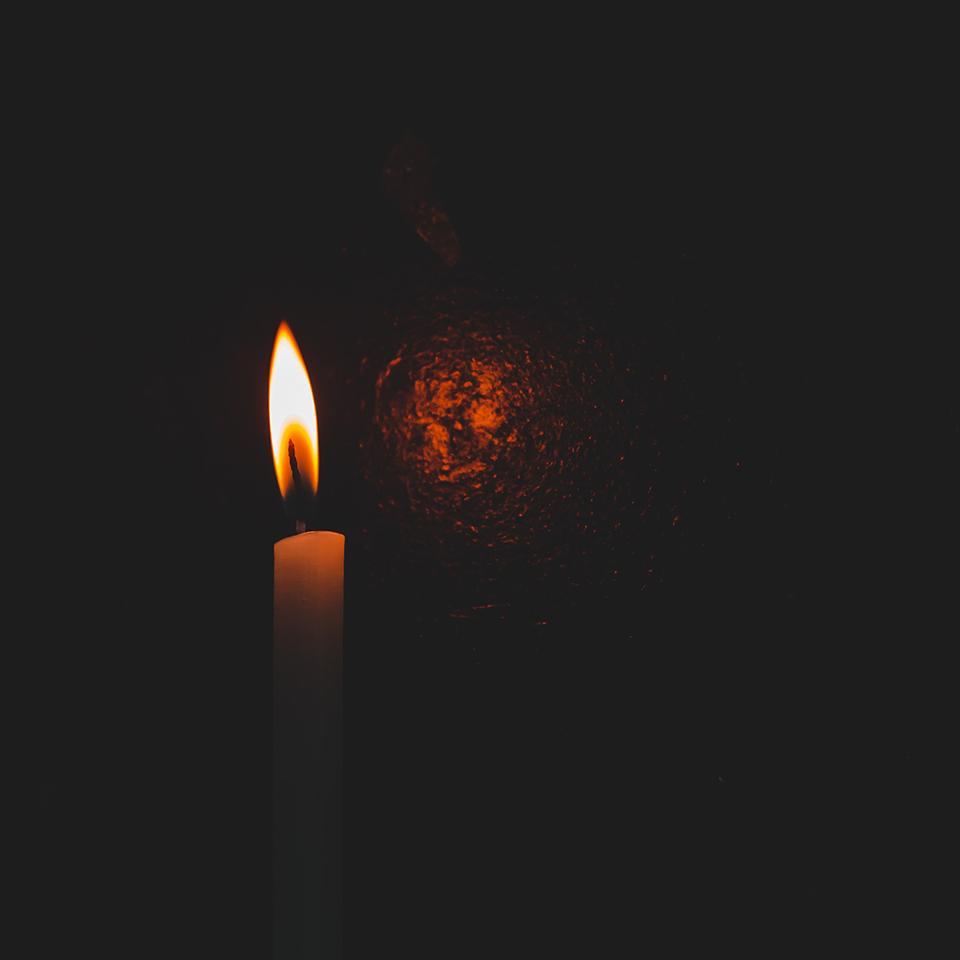“I had been there before; I knew all about it.”
But it had been so long.
Captain Charles Ryder, a middle-aged Englishman serving the homefront with his company during the Second World War, breathed deeply and surveyed the scene that he and his fellow soldiers had come across. What once was a magnificent estate warmed by the eccentricities of warm friendship, young love, and budding faith was now a foreign property in disrepair billeted by His Majesty’s Armed Forces. To be sure, Brideshead Castle had never looked so bad. Furniture was packed into small spaces. Boards covered walls and windows. The fountain, filled with half-eaten sandwiches and cigarette butts, was wired over and starved of its water. And the family who once lived here and whom Charles loved and troubled over? Dead or dispersed.
Intermittently, his moments of remembrance were interrupted. By chance, Charles met the nearly blind Nanny Hawkins, who remembered him after a few hazy moments, explaining the state of Brideshead and the family’s whereabouts. He was distracted by Hooper, the unmoved modern man and platoon commander with an “overmastering regard for efficiency” asking for some direction or next step. But once alone, his mind would settle again on the Flyte family. How he missed his dear friend Sebastian, his love Julia, the indomitable Cordelia, and the stately Lady Marchmain. The family in all its brokenness had become his family. The mansion had become his home.
Charles’ thoughts were not without pain. So much had changed. So much had been lost—so irretrievably lost—that to continue his walk around the grounds risked heartbreak beyond wistfulness. But then he saw it—“a queer thing,” as Hooper characterized it. “Fresh and bright as ever,” he saw the small family chapel. An art nouveau lamp was lit before the altar and a prayer leapt from this budding believer’s throat. Amidst the army’s casual litter and needless destruction of property, Charles reflected on the hands that built this estate—that crafted this chapel—over generations. The faith and family, like the stones of Brideshead, had been cultivated with great care that kept eternity in mind, “until, in sudden frost, came the age of Hooper; the place was desolate and the work all brought to nothing; Quomodo sedet sola civitas. Vanity of vanities, all is vanity.”
Upon rediscovering Brideshead after so many years, Charles Ryder’s moment of reckoning—of what once brilliantly was and now sadly had become—carried an element of Good Friday with it. The palm fronds are dried and the supper is over. The altars are stripped and the candles are snuffed. The cross is black and the tabernacle is empty. The darkness suffocates and loneliness smothers. God is no more, it seems. God is no more.
Grief, in its own way, struck Charles Ryder acutely over what had been lost in the ruin of Brideshead—his youth, his friendships, and his love of the now-gone Flyte family. But so did hope. Looking closer at the chapel, Charles realized:
Something quite remote from anything the builders intended has come out of their work, and out of the fierce little human tragedy in which I played; something none of us thought about at the time: a small red flame—a beaten-copper lamp of deplorable design, relit before the beaten-copper doors of a tabernacle; the flame which the old knights saw from their tombs, which they saw put out; that flame burns again for other soldiers, far from home, farther, in heart, than Acre or Jerusalem. It could not have been lit but for the builders and the tragedians, and there I found this morning, burning anew among the old stones.
As wickedness roars, decays, and destroys, hope quietly endures. Hope is the breaking but faithful heart of Mother Mary of the Pietà cradling her limp son’s body in her consuming arms. It is St. Peter leaping recklessly into the sea and clawing through the harsh waves to reach his resurrected Lord. It is what Charles Péguy mused in his poem The Portal of the Mystery of Hope surprises even God. God himself marvels,
And I can’t get over it
This little hope who seems like
nothing.
This little girl hope.
Immortal.
And to Captain Charles Ryder, whose faith was once a punchline but now has become a fishing line mysteriously drawing him to glorious shore, hope was embodied in the simplest of things: a small red flame burning before a tabernacle among old stones. In the midst of ruin and desolation, He is here. He is here.
“Hope,” as G.K. Chesterton reminds, “means hoping when things are hopeless, or it is no virtue at all.”
Indeed.
